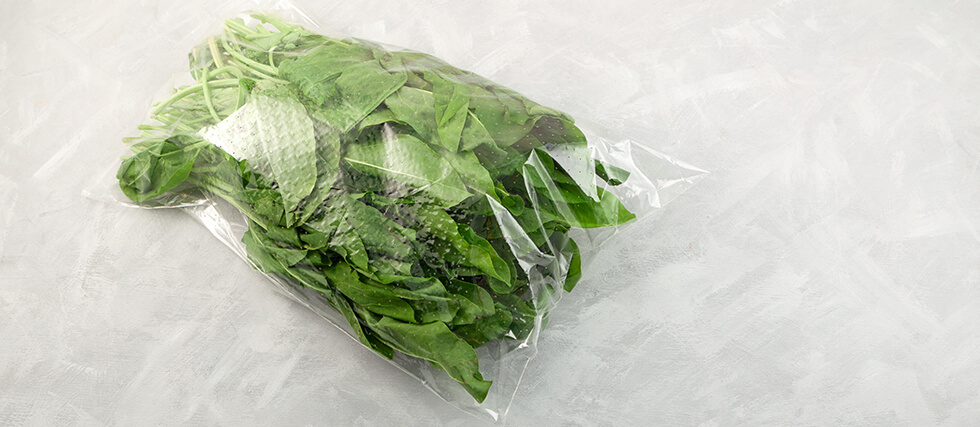Bagged greens might seem like a smart shortcut to healthy eating, but behind the convenience lies a hidden risk: contamination. Food safety experts consistently rank pre-washed, bagged lettuce and spinach among the riskiest items in the grocery store. Why? Because, from farm to packaging to your fridge, leafy greens are exposed to bacteria like E. coli, Listeria, and Salmonella at nearly every step.
Contamination often begins on the farm. Irrigation water tainted by runoff from nearby livestock operations can carry dangerous pathogens, especially if fields are located near cattle farms, as is common in California and Arizona, two major lettuce-producing states—E. E. coli from manure can easily contaminate crops. Adding the use of untreated surface water from rivers or canals increases the risk even more.
Things don’t get better at the processing plant. Greens from multiple farms are mixed, washed in giant vats, and packaged together. One infected leaf can contaminate thousands of bags, and once bacteria attach to the leaves, they’re not easily rinsed away—even if you rewash them at home. Refrigeration slows bacteria growth, but it doesn’t kill it.
Worse, greens are usually eaten raw, which eliminates the chance to kill bacteria through cooking. And outbreaks continue, despite federal safety plans. A 2024 study estimated that leafy greens are responsible for over 2.3 million foodborne illnesses annually in the U.S.
So what can you do?
- Buy whole heads of lettuce or spinach instead of pre-cut bags. They have less surface exposure and lower risk. Wash under cold running water.
- Grow your own. Whether it’s in a backyard bed or a small indoor hydroponic setup, growing your greens is one of the safest (and most rewarding) ways to enjoy fresh salads. You control the water, the soil, and the handling, removing the mystery from your meals.
Bagged greens may be quick, but when it comes to your health, slowing down and choosing safer options could save you a lot more in the long run.




